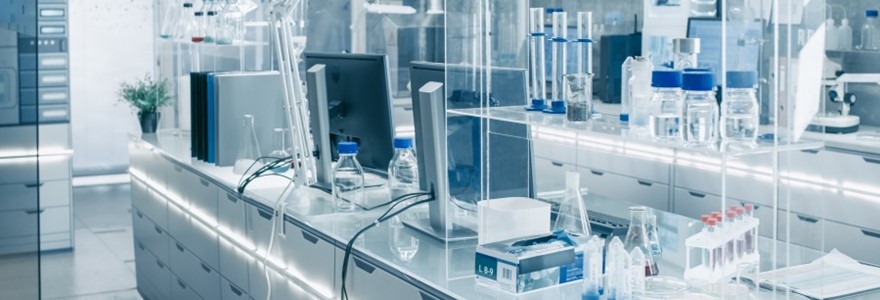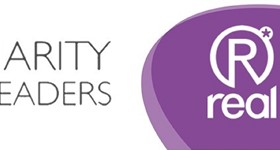What is the value of GMP in tech transfer within the pharma manufacturing industry?

The global pharmaceutical (pharma) industry in Singapore has evolved over the years, shaping the way that new drugs are discovered, manufactured and sold. Today, Singapore is currently competing globally to establish itself as a pharma manufacturing hub. This is through a supportive and collaborative pharma ecosystem and a focus on people and partnerships. According to the Economic Development Board (EDB), Singapore currently boasts 30 pharma manufacturing facilities with the industry employing around 7,000 people year on year.
Pharma manufacturing in Singapore is a sector that has stringent regulations that companies need to comply with. With a multitude of systems, technology and equipment involved in manufacturing processes, companies need to be aware of risks such as contamination, mix-ups, and errors in manufacturing plants.
The facilitation of a tech transfer in a manufacturing plant is especially vulnerable to such risks if not conducted properly and this is a growing trend in the Singapore market.
What is a tech transfer?
The World Health Organisation (WHO) defines ‘tech transfer’ as “a logical procedure that controls the transfer of any process together with its documentation and professional expertise between development and manufacture or between manufacturing sites”. Tech transfers can include:
- Abilities i.e. Knowledge and experience
- Systematic processes
- Documentation i.e. plans in a quality system
- Development, production and quality control
As pharma products can be highly complex, integrating product and process knowledge, as well as project execution play an important role in supporting successful tech transfers. The objective of a tech transfer is to impart knowledge that will allow for smooth, continuous manufacturing of the product regardless of its stage in the product lifecycle. Tech transfers involve several cross-disciplinary elements and regulatory compliance such as the Good Manufacturing Practice (GMP).
What is GMP?
The GMP is a global standard ensuring that manufacturers are producing products according to quality standards. GMP regulations are designed to minimise the risks involved in any pharma production.
Today, GMPs are more commonly known as Current GMP (CGMP). The ‘current’ addition is used to imply that companies are expected to continuously stay up-to-date with regulations as they are continuously altered to suit changing market and consumer needs. The reason for this is that systems, machines or equipment that were in use in the past may not be as efficient as it is today. In the absence of a software update, such technologies may be considered obsolete and fail to ensure maximum consumer protection in terms of drug quality and prescription.
Why do you need GMP skills for tech transfers to be successful?
As manufacturers often work with many different products and technology platforms, manufacturing teams must possess an extensive understanding of GMP. They will also need to recognise potentially adverse process issues by implementing preventive actions.
PharmTech shared in a report that some of the key areas listed below are achievable with GMP compliance for a tech transfer:
- Sharing of robust information
- Without a robust or transparent exchange of information, the tech transfer can be frustrating. Time lag can also be experienced while people attempt to locate necessary information crucial to the success of the activity.
- Efficient planning and project management
- By having a good plan and project management tools, the tech transfer is more likely to be completed on time. Establishing realistic deadlines and scheduling the work to meet such deadlines will contribute to a successful tech transfer experience.
- Efficient transfer of analytics
- It is important to make sure all analytical methods are transferred and that they are validated. This helps ensure that the transfer was done correctly and that the site receiving the information can produce the product and conduct an analysis without significant problems arising.
- Conducting pre-GMP engineering runs
- This step assures that the equipment being used is functioning properly.
- Conducting GMP runs
- This final step is necessary to confirm that the tech transfer was successful.
Thus, the application of GMP can be consistently interwoven in a successful tech transfer. Ultimately, it is a skill that candidates should possess if they are looking to break into the market.
Unsure where to begin? Get the training you need!
Pharma companies may have in-house GMP trainings, but it is always good to have a headstart to beat the competition. The International Society for Pharmaceutical Engineering (ISPE) in Singapore conducts short GMP-related courses for all pharma manufacturing specialists. Experts with real credibility and experience aim to bring GMP-related examples and real life stories. Training conducted is also designed to reach all learning styles and preferences.
The Singapore government has also been proactive in implementing schemes to address the talent shortage in the manufacturing industry. One of these initiatives is the Professional Conversion Programme (PCP) to help more than 1,000 professionals, managers, executives and technicians (PMET) switch careers or upskill with relevant knowledge such as data analytics.
Keeping well-informed of GMP will not only qualify you for greater job prospects, but also support your CV and could increase your chance of getting shortlisted for interviews.
If you would like to find out more tips on how you can get informed on GMP regulations and how you can value-add to the process of tech transfers, please reach out to us at singapore@realstaffing.com or connect with us on LinkedIn. Alternatively, feel free to visit our website for more relevant industry insights and keep up-to-date with Real Life Sciences.




